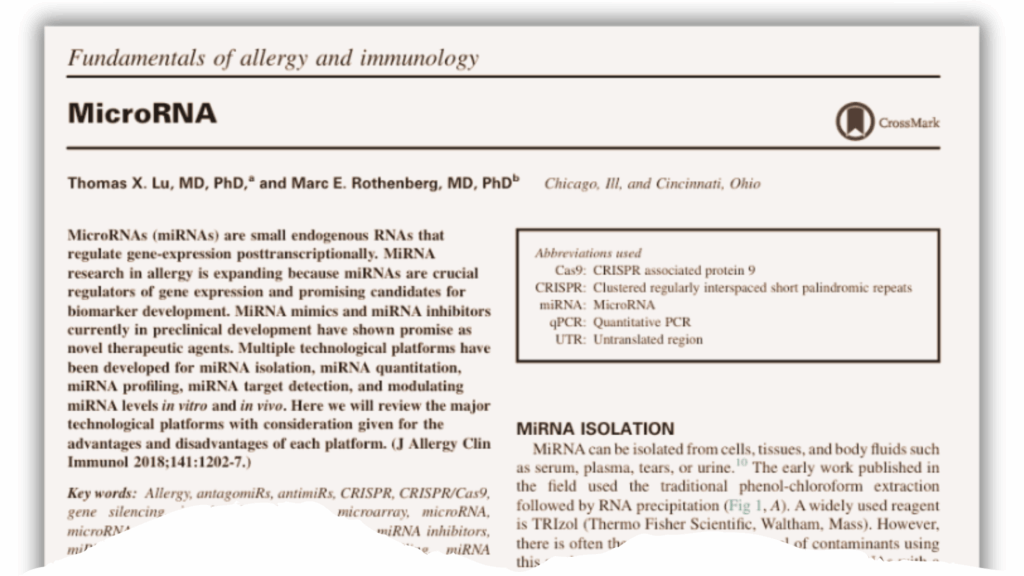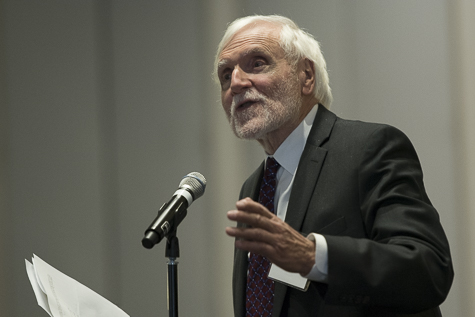Earlier this year, Marc Halushka, a pathologist at Cleveland Clinic in Ohio, came across a review titled simply “MicroRNA,” an unusually short title in a big field. Looking deeper into the review, published in the Journal of Allergy and Clinical Immunology in 2018, Halushka found it had been cited more than 2,000 times. He thought this number “shockingly high,” given the article’s brevity and content.
Other, older reviews on microRNA from leaders in the field have been cited far more often, some even tens of thousands of times. But when searching “microRNA” on Google Scholar, the review with that single term as its title is the first result.
Halushka doesn’t think anything in the paper is wrong or out of date. But the citation was among those in a paper he was asked to review that he thought “was clearly a paper mill paper,” he told Retraction Watch. He suspects when people “who know nothing about microRNAs because they are just in the paper mill business” need to cite a review on the topic, they just use the top search result.
Continue reading Why has this microRNA review paper been cited more than 2,000 times?







